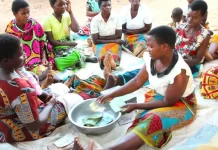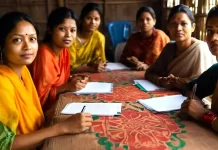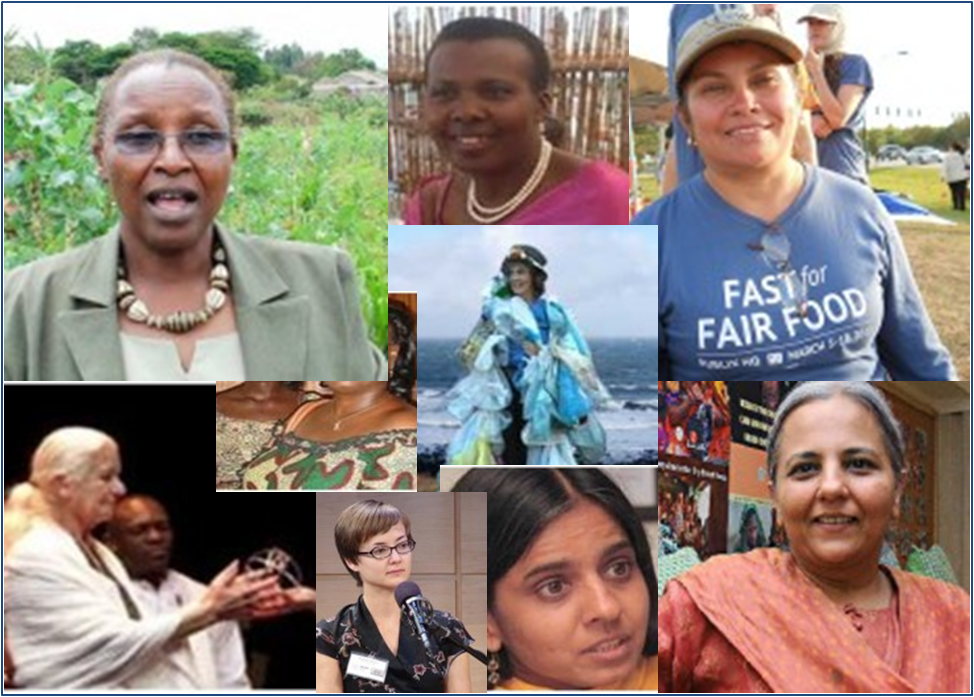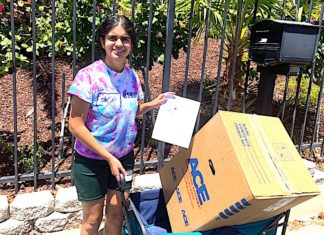By James Belgrave
An Interview with Oxford Microfinance Initiative’s President, Vicente Solera Deuchar
When you meet Vicente Solera Deuchar, President of the Oxford Microfinance Initiative (OMI), you are immediately impressed and humbled by a young man with clear vision, dedication and commitment to the work he believes in. Operating out of Oxford University, with no office space and a staff of volunteer students and recent graduates, one would expect OMI to be a clumsy affair. Yet behind the humble exterior lies the simple vision of a volunteer-run consultancy committed to microfinance, and one that makes a real difference on the ground.
- We spoke for some time about the general issues surrounding microfinance. On a global level there are important debates underway around the goals that it can achieve and whether or not (after much initial hype) it can serve as a development ‘silver bullet’, or whether is risks becoming yet another development fad.
- The sceptics place an emphasis on the risk of microfinance institutions exploiting their clients through business practices, with the recent sagas surrounding SKS and Compartaremos serving as examples.
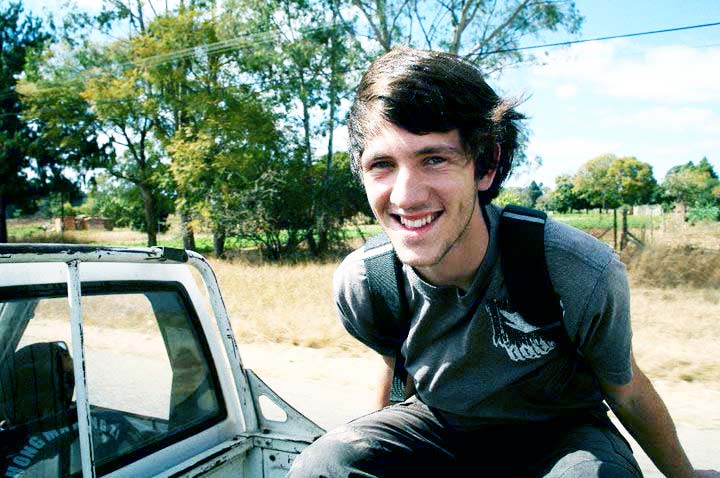
Vicente’s conclusions, however lead him to believe that “in principle…microfinance is a very powerful tool. Providing financial services to poor people is really giving them opportunities” he continues, “but we need to ensure that it is done in a competitive spirit, being careful not to give institutions the power to charge disproportionately high interest rates”.
“I think that if you have a reliance on donor funding, it doesn’t provide you with the right incentives to take things forward in a sustainable way.
“Microfinance institutions should try to reach a level of financial sustainability in a way that fits in with their social objectives” Vicente explains, “as relying on donor funding is not a sustainable way to run a business, as we witnessed in our project in India”. OMI did some consultancy work for an international microfinance institution that faced severe financial difficulties, after their donors withdrew their funding on very short notice. Up until that point they had created a wildly unsustainable program – what resulted was a situation in which the income they received from their repayments was barely half of what their operating costs were. “I think that if you have a reliance on donor funding, it doesn’t provide you with the right incentives to take things forward in a sustainable way” he concludes.
When asked about the danger of mission drift, Vicente seems to focus. “People need to recognise that microfinance cannot help all groups in society” he explains, “If people begin to think that microfinance can directly serve every kind of client, then in a sense that’s drifting from the mission of providing financial services to those that need it most and attempting to provide microfinance to absolutely everyone”.
“That’s not to say that microfinance won’t help the very poor” he explains, “rather that there needs to be a recognition that microfinance isn’t the only thing that can work”.
Vicente is nonetheless conscious of guarding against lending to clients who aren’t really the ones who need it most, “you’re serving a market of poor people who are in desperate need of financial services. If you drift from that and start serving the slightly better off (who generate more profit), then that market has been excluded”.
Thus at times, social objectives can be compromised by economic ones, especially in such a volatile economic climate, Vicente agrees. He nonetheless points out that “serving the poor should not be inherently unsustainable in financial terms. BRAC is saying that by running it like a business operation, whilst keeping the social objectives as primary, we can turn microfinance into a sustainable operation very quickly”.
Set up in 2009 by four Oxford University students as a volunteer microfinance pro-bono consultancy initiative, the organisation grew from twenty-five members in its first year to more than fifty in 2010.
Vicente describes their role as that of a “fresh pair of eyes”, that can pick things up quickly and make a big difference to organisations that might not have the resources or research capabilities that OMI can provide. He states their aim as “helping organisations of all sizes whatever challenges they might face”. He does however admit that there is an element of career-building in volunteering for OMI, with students and graduates gaining experience in development consultancy that is both intellectually challenging and beneficial to their CV. One can’t help noticing that it is, as a result, a win-win situation.
“That’s not to say that microfinance won’t help the very poor” he explains, “rather that there needs to be a recognition that microfinance isn’t the only thing that can work”.
I asked him to describe some of their projects to give me a better idea of the work OMI are involved in and he was all too eager to describe a selection of the ten projects they have been involved in so far.
“Last year we were involved in a very challenging Islamic microfinance project, looking at how you can make Shari’a-law complaint microfinance”, he says proudly, given the complexity of such a project. “The objective of the project” he tells me “was to carry out a survey of the whole field and to discover what constituted best practice, with the final aim of opening up funding opportunities for the organisation”. For such a small and inexperienced organisation, they clearly punch well above their weight.
A second and more practical and successful project that Vicente was eager to tell me about was one with a Colombian start-up microfinance organisation that needed capital raising help and consultancy on avoiding mission drift whilst scaling up. “The project was a success” he tells me, “our recommendations were implemented and we set them up with some good potential donors”.
A third and by far their most successful and complete project was with the Malawi-based Microloan foundation. OMI undertook a feasibility study of a potential project being set up in Zimbabwe, and investigated stability in the region as well as existing domestic microfinance players and markets. Vicente and another member of OMI travelled to Zimbabwe, conducting interviews and research in-situ and presented the Microloan foundation with a comprehensive final report. “We’ve since spoken to them, and it looks like they will be investing in Zimbabwe and providing financial services to many poor people” he tells me proudly, adding that “it’s so rewarding that our work has been and will be used”.
When asked what message he would send to other young motivated individuals thinking of setting up a similar initiative he states confidently that “it is not particularly difficult to set up and is something that can go a really long way”.
“Before joining OMI”, he says, “I considered setting up a consultancy as a crazy idea, but it turned out to be remarkably easy. You have to identify an organisation that is willing to find you a project that will be of practical use to them, you recruit some volunteers, and as long as you know a little about microfinance and are willing to learn its actually quite easy. The difficulty lies in locating the right people, as at university there are many activities all competing for time” referring to the hundreds of societies at Oxford, “but our work provides practical experience that will make a difference on the ground”.
I ask him about the future of microfinance and he assures me that “Microfinance is not unsustainable; SKS showed that it can be profitable as well as sustainable. It will thus continue to expand and grow into new markets”.
“One side issue we’re working on” he adds, “Is whether microfinance has a place in the UK. Pilots have been launched in the US” he says, referring to a recent New York project set up by Grameen bank, “which use microfinance as an alternative to standard ways of providing. But the extent to which microfinance needs to be limited to the developing world is up for debate.”
(James Belgrave conducted this interview as a GSDM correspondent and it was first published in GSDM’s Jan 2011 edition Myths of Microfinance)


